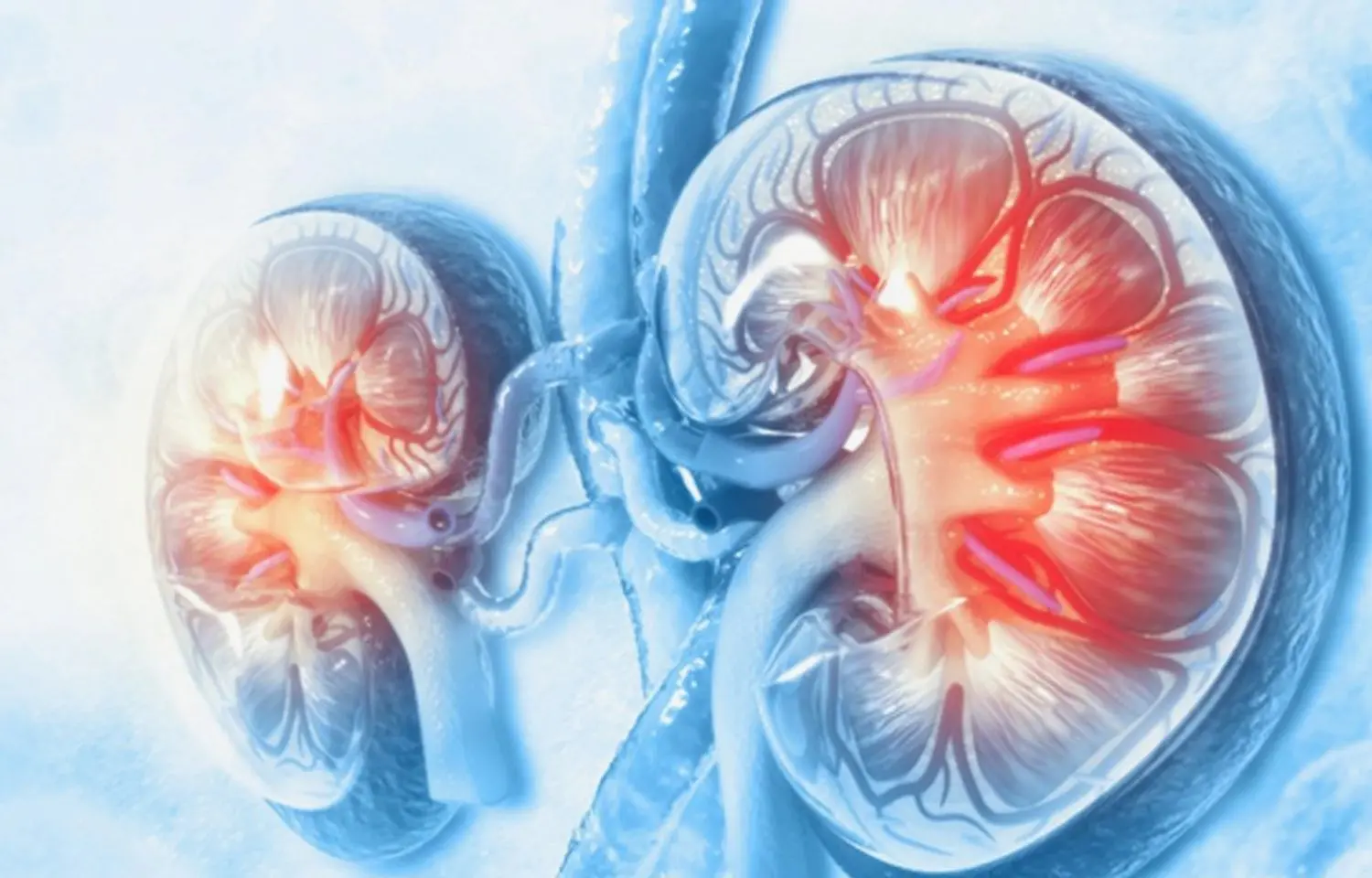- Home
- Medical news & Guidelines
- Anesthesiology
- Cardiology and CTVS
- Critical Care
- Dentistry
- Dermatology
- Diabetes and Endocrinology
- ENT
- Gastroenterology
- Medicine
- Nephrology
- Neurology
- Obstretics-Gynaecology
- Oncology
- Ophthalmology
- Orthopaedics
- Pediatrics-Neonatology
- Psychiatry
- Pulmonology
- Radiology
- Surgery
- Urology
- Laboratory Medicine
- Diet
- Nursing
- Paramedical
- Physiotherapy
- Health news
- Fact Check
- Bone Health Fact Check
- Brain Health Fact Check
- Cancer Related Fact Check
- Child Care Fact Check
- Dental and oral health fact check
- Diabetes and metabolic health fact check
- Diet and Nutrition Fact Check
- Eye and ENT Care Fact Check
- Fitness fact check
- Gut health fact check
- Heart health fact check
- Kidney health fact check
- Medical education fact check
- Men's health fact check
- Respiratory fact check
- Skin and hair care fact check
- Vaccine and Immunization fact check
- Women's health fact check
- AYUSH
- State News
- Andaman and Nicobar Islands
- Andhra Pradesh
- Arunachal Pradesh
- Assam
- Bihar
- Chandigarh
- Chattisgarh
- Dadra and Nagar Haveli
- Daman and Diu
- Delhi
- Goa
- Gujarat
- Haryana
- Himachal Pradesh
- Jammu & Kashmir
- Jharkhand
- Karnataka
- Kerala
- Ladakh
- Lakshadweep
- Madhya Pradesh
- Maharashtra
- Manipur
- Meghalaya
- Mizoram
- Nagaland
- Odisha
- Puducherry
- Punjab
- Rajasthan
- Sikkim
- Tamil Nadu
- Telangana
- Tripura
- Uttar Pradesh
- Uttrakhand
- West Bengal
- Medical Education
- Industry
Novel kidney disease index predicts cardiovascular and kidney outcomes in type 2 diabetes: Study

Canada: The albumin-to-creatinine ratio (ACR) and estimated glomerular filtration rate (eGFR) are the risk factors for diabetes-related outcomes. A composite that combines information from both may provide a simple way of risk assessment.
Considering the above, Hertzel C. Gerstein, and colleagues in a recent study in Cardiovascular Diabetology have described a novel kidney disease index (KDI) that reflects both eGFR and ACR and predicted kidney and cardiovascular outcomes in type 2 diabetes. The researchers explained, "KDI combines the baseline ACR and eGFR into a novel composite risk factor that has a simple linear relationship with incident serious outcomes in patients with diabetes and additional CV risk factors.
In the post hoc epidemiologic analysis, the researchers included 9115 of 9901 Researching Cardiovascular Events with a Weekly Incretin in Diabetes (REWIND) participants with both an ACR and eGFR at baseline. They estimated the hazard of higher baseline levels of 1/eGFR and natural log-transformed ACR and their interaction for incident kidney outcomes, major adverse cardiovascular events (MACE), and deaths. They also assessed the hazard of the geometric mean of these two baseline measures (the kidney disease index or KDI).
The study yielded the following findings:
· A non-linear relationship was observed between 1/eGFR and all three outcomes, and between ln [ACR × 100] and the kidney outcome.
· There was also a negative interaction between these two risk factors with respect to MACE and death.
· A linear relationship was noted between the KDI and all three outcomes.
· People in the highest KDI fifth experienced the highest incidence of MACE, death, and kidney outcome (4.43, 4.56, and 5.55/100 person-years respectively).
· C statistics for the KDI were similar to those for eGFR and albuminuria.
The researchers conclude, "the KDI could therefore simplify the identification of the highest risk individuals who will most likely benefit from preventive therapies."
"Its utility as a risk stratification tool should be assessed and confirmed in future epidemiologic studies and clinical trials."
Reference:
Gerstein, H.C., Ramasundarahettige, C., Avezum, A. et al. A novel kidney disease index reflecting both the albumin-to-creatinine ratio and estimated glomerular filtration rate, predicted cardiovascular and kidney outcomes in type 2 diabetes. Cardiovasc Diabetol 21, 158 (2022). https://doi.org/10.1186/s12933-022-01594-6
Dr Kamal Kant Kohli-MBBS, DTCD- a chest specialist with more than 30 years of practice and a flair for writing clinical articles, Dr Kamal Kant Kohli joined Medical Dialogues as a Chief Editor of Medical News. Besides writing articles, as an editor, he proofreads and verifies all the medical content published on Medical Dialogues including those coming from journals, studies,medical conferences,guidelines etc. Email: drkohli@medicaldialogues.in. Contact no. 011-43720751


